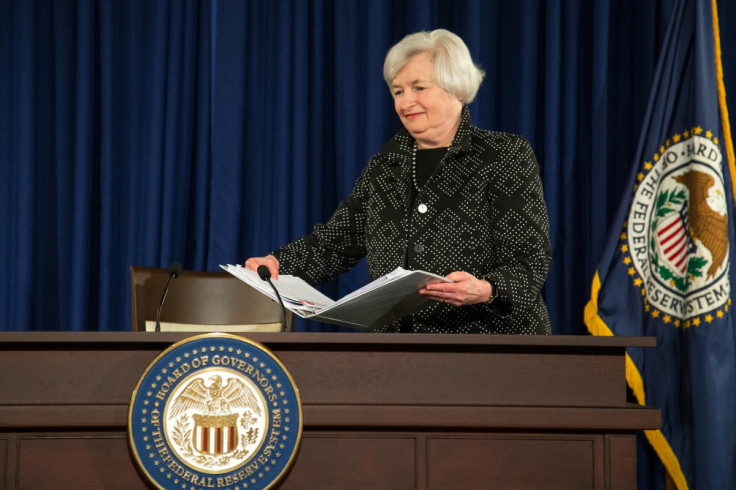US Fed Ends Quantitative Easing but Keeps Ultra-Low Interest Rates

The US Federal Reserve is ending its years-long quantitative easing (QE) programme that was started in response to the 2008 financial crisis, but the central bank decided to go ahead with the ultra-low interest rates.
The Federal Open Market Committee (FOMC) said the country's economic recovery would continue despite a weak outlook for the global economy.
"The Committee judges that there has been a substantial improvement in the outlook for the labor market since the inception of its current asset purchase program. Moreover, the Committee continues to see sufficient underlying strength in the broader economy to support ongoing progress toward maximum employment in a context of price stability," the Fed said in a statement.
"Accordingly, the Committee decided to conclude its asset purchase program this month."
The statement indicated that the FOMC is broadly happy with the existing economic situation in the country.
It noted that economic activity is expanding at a moderate pace, labour market is improving with solid job gains and lower unemployment rate, household spending is rising moderately, business fixed investment is advancing, and inflation remains well below the committee's long-term objective.
Meanwhile, the recovery in the key US housing sector remains slow.
"The Committee expects that, with appropriate policy accommodation, economic activity will expand at a moderate pace, with labor market indicators and inflation moving toward levels the Committee judges consistent with its dual mandate," it said.
The Fed added that it will not increase interest rates for a "considerable time", as the job market is still not back to normal.
The US central bank started its QE programme in November 2008 amid fears that the financial crisis would affect the global economy and would lead to another great depression.
The Fed began buying financial assets and created new money to pay them.
When the economy started showing signs of improvement, the Fed began to taper the QE, reducing the pace of its asset buyback.
© Copyright IBTimes 2025. All rights reserved.






















